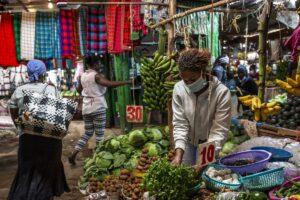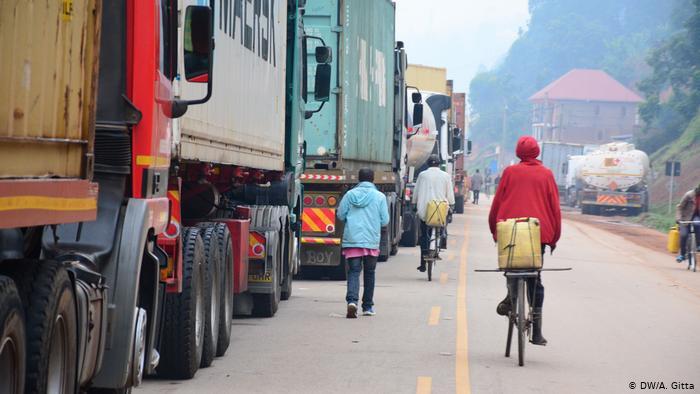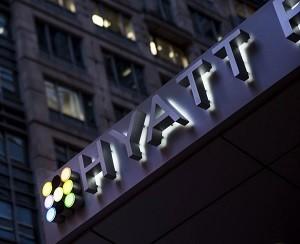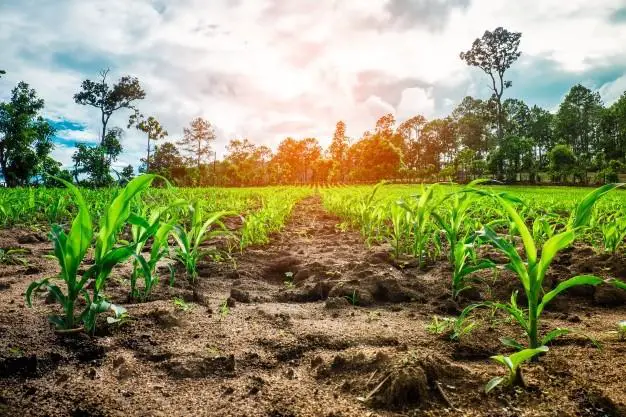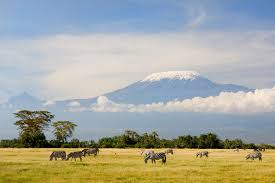- Kenya, Tanzania braces for torrential floods as Cyclone Hidaya approaches
- EAC monetary affairs committee to discuss single currency progress in Juba talks
- Transport and food prices drive down Kenya’s inflation to 5% in April
- Payment for ransomware attacks increase by 500 per cent in one year
- History beckons as push for Kenya’s President Ruto to address US Congress gathers pace
- IMF’s Sub-Saharan Africa economic forecast shows 1.2 percent GDP growth
- The US Congress proposes extending Agoa to 2041, covering all African countries
- Millions at risk of famine as fuel tax row halts UN aid operations in South Sudan
Month: June 2020
Uganda has set aside money in its $43 trillion budget for the 2020/2021 financial year to help revive small and medium businesses that have been affected by the COVID-19 pandemic.
Uganda’s government allocated $88.4 billion as credit through Saccos and microfinance to help small and medium businesses.
Uganda’s minister of finance Matia Kasaija, said since the sector accounts for 85 per cent of private employment, the credit was significant.
Uganda Development Bank was also given $98 billion to enable businesses mostly large scale private firms and manufacturers to borrow at low-interest rates.
The government Uganda also said they would urgently pay arrears it owed the private sector through returns from Value Added Tax (VAT).
“To address emergencies on liquidity and other financial constraints suffered by government suppliers, the government will pay arrears of $633.4 billion commencing July 2020. Priority will be small and medium enterprises,” said Mr Kasaija.
Also Read:
…The continent needs an estimated US$188 billion to build modern energy infrastructure.…
Uganda and Rwanda recorded a reduced trade flows in April and May 2020 according to a report from the COMESA Statistics on ‘COVID 19 Impact on Trade’.
The COMESA Statistics on ‘COVID 19 Impact on Trade’, the report was prepared in the first two months in which COVID-19 pandemic spread to the region.
Imports to Uganda declined by 30 per cent in April compared to March. Malaba border recorder a decline in import of 35 per cent, Busia a decline of 28 per cent and Entebbe a decline of 24 per cent.
Uganda’s May imports were seen to decline by 20 per cent.
In Rwanda, Imports declined by 32 per cent in April compared to March. Rusumo border recorded a decline of 35 per cent while the airport border recorded a decline of 16 per cent.
In the Month of April Exports to Rwanda also decline by 8 per cent …
In an interesting development, while demand for gold is on the rise all over the world, gold output in Zimbabwe has fallen 17 percent in the last four months.
Why? Well, because of Covid-19. Strange because it is a result of the pandemic that world demand for gold is on the rise as people try to store the value of their money in gold.
Yet in Zimbabwe, small scale miners in the country are failing to conduct their mining activities because the country does not have the needed cash to buy mining inputs. Well let’s not say the country doesn’t have cash because it does, its just that no one will accept the Zimbabwean dollar.
Also Read: Barrick Gold back to business with Tanzania
So the trouble is that, Zimbabwe relies on other currencies, like the US dollar to make large and small payments alike like explosives among other things. …
As hotels in East Africa are closing their doors as the effects of the global pandemic continue to bite, Tanzania is making moves to ward off the negative effects of Covid-19 by resuming business as usual, including in its tourism and hospitality sector.
In fact only this past week, Tanzania has announced that it will host its first Mafia Island Tourism Exhibition Week. The ambitious and bold move is in line with other measures that the country is taking to revive its tourism sector.
The country has already set aside millions of dollars to improve tourists experience at one of its major attractions, Mt Kilimanjaro. Tanzania has set aside money to cut out a new route to climb the mountain. This new route is exclusive for VIP tourists and other VIP personnel and is expect to boost tourism in the region.
Also Read: Tanzania’s Tourism Board unveils luxury route to
…Promoting economic diversification and industrialization in Africa is now a matter of priority …
Zimbabwe is on the verge of another economic crump that is bound to be far worse than what it has been suffering for the last decade.
Already, the nation has been on an indefinite national lockdown for the third month running, and now, the pandemic is really taking a dire toll on the economy. Well, it is not the coronovirus effect that is bound to doom Zimbabwe into an economic crunch (yet again) rather, it is the country’s tendency to simply print money whenever it deems fit; if only life were so easy!
Zimbabwe, like all other countries is looking to cushion its business sector from the coronavirus crunch. However, the way Zimbabwe is looking to fund its proposed ZW$18 Billion stimulus package is if anything, questionable, if not downright unadvisable, or to be blunt, shall we just o ahead and call it, rudimentary.
Well how else would you …
The government of Uganda has increased import duty on agricultural products to 60 per cent and other products to 35 per cent in a bid to raise revenue.
The total import bill in Uganda is $7 billion per year.
During the presentation of Uganda’s budget for the financial year 2020/21 the finance minister Matia Kasaija said: “In order to promote import substitution and the development of local industries, we have increased import duties on goods that are produced or can be produced locally.”
Mr kasaija said that the import duty on agricultural products has been increased to 60 per cent and other products to 35 per cent.
The finance minister also said that modest tax rates adjustments that have been made include removing ambiguity in the legislation, the excise duty rate on fuel, support compliance and emoving any loopholes that may lead to revenue loss.
He said that VAT will …
When rich folks want to climb to the highest peak of Africa, they no longer have to scrimmage with the rest of us along the old narrow foot tracks, no, they now have an exclusive route cut just for Very Important People (VIP).
In an unprecedented move, the government of Tanzania has decided to construct 25-kilometre of road up Mount Kilimanjaro in a bid to provide for the needs of the World’s richest.
The features of this VIP route have not been made public but it is expected to be exclusive, private and only for select few who can afford it. Tanzania, has some of the World’s must see tourist attractions that attract some of the World’s elite.
Arguably, a Prince so and so along with CEOs of multibillion dollar companies as well a Hollywood famous faces, would like to visit these attractions without attracting too much attention.
Also Read:
…Kenyan perennial entrepreneur Havar Bauck, teaming with several of his investment partners, has ventured into the global multi-billion-dollar cloud kitchen by launching Foodledoodle, the first of such in East Africa, a move expected to change the food and hospitality industry in the region.
The cloud kitchen model of business in a concept that primarily offers a restaurant kitchen and accepts incoming orders only through online ordering systems and offers no dine-in facility.
Also known as dark kitchen, this model is primarily virtual and is reliant on food delivery apps, web portal orders and to generate sales. The global cloud kitchen market size was estimated at 0.65 billion U.S. dollars in 2018 and is forecast to reach 2.63 billon U.S. dollars by 2026.
The cloud kitchen concept
The concept is gaining ground around the globe with established brands in Europe, US, India and some appearing in South Africa. Such leading brands …


